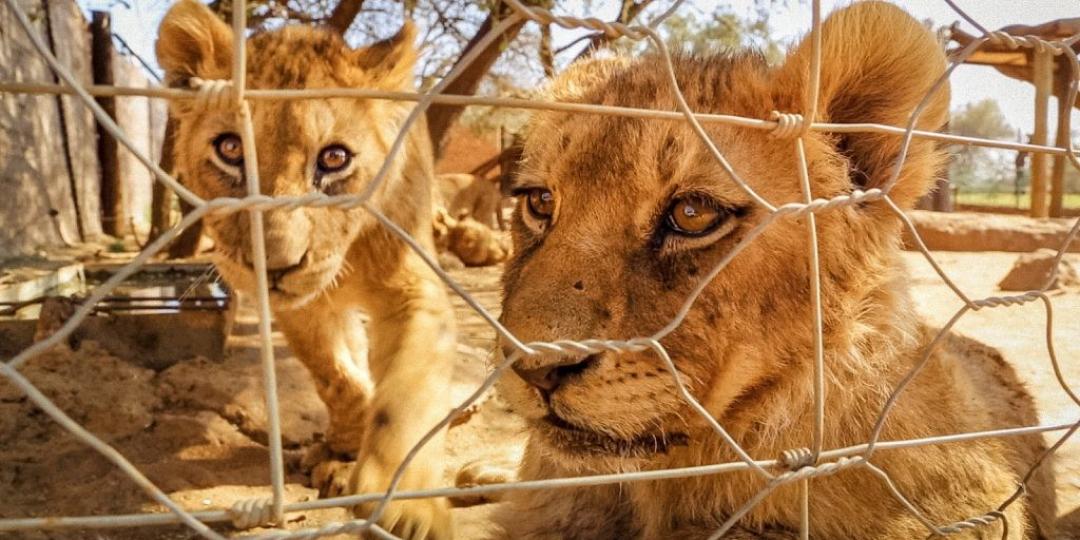The South African Ministerial Task Team, which is responsible for identifying and recommending voluntary exit options and pathways for the captive lion industry, has renewed its call for captive lion owners to consider a voluntary exit of these projects.
The Task Team was appointed by Minister of Forestry, Fisheries and the Environment, Barbara Creecy, in December 2022 following a recommendation by the High Level Panel.
The High Level Panel was established in August 2018 and concluded its work in December 2020, submitting recommendations on policies, regulatory measures, practices and policy positions related to hunting, trade, captive keeping, management and handling of elephant, lion, leopard and rhinoceros.
The panel recommended the closure of the captive breeding sector, including the keeping of lions in captivity, or the use of captive lions or their derivatives commercially.
Inbound tourism association, SATSA, welcomed this recommendation when – after a lengthy and wide-ranging consultation process and research study – it developed an Animal Interaction Guide and Toolkit aimed at assisting owners of captive wildlife experiences, visitors and buyers to make informed decisions based on sound ethics to support good practice only.
“The Task Team is providing an opportunity for captive lion owners to consider voluntary exit options and pathways from the captive lion industry. As such, we wish to identify industry participants who may be interested in such an opportunity, and who may be willing to initiate a confidential discussion with the Task Team around potential options or pathways for their particular enterprise(s),” said Chairperson of the Task Team, Kamalasen Chetty.
“We would be extremely grateful to be given the opportunity to have an open and frank discussion with any captive lion owners, whether this involves one or 200 lions, who would consider a voluntary exit from the captive lion industry. When speaking to interested parties about options and pathways, the Task Team would definitely consider, carefully and responsibly, the future of their captive lions, the potential impact on their vulnerable workers, as well as positive economic outcomes,” Chetty added.
A key component of the Task Team’s work is substantial stakeholder engagement, which has been taking place over the last few months. This includes meetings and engagements with representatives from the captive lion industry, wildlife industry associations, and other interested and affected parties.
The key objective of these engagements was to gather viewpoints and listen to stakeholder inputs on potential voluntary exit options, and any specific terms or conditions that may be associated with these.
It has also met with provincial nature conservation authorities who have been providing information about the captive lions within their provinces, which will be consolidated into a national audit of captive-bred lions.
Captive lion owners involved in the captive lion industry considering a voluntary exit, can click here to register.
























